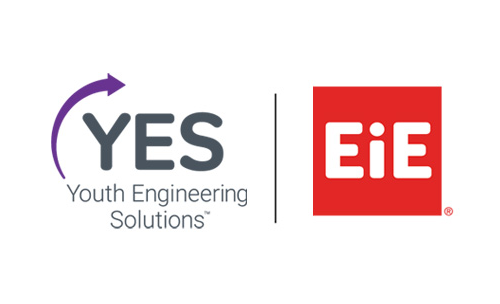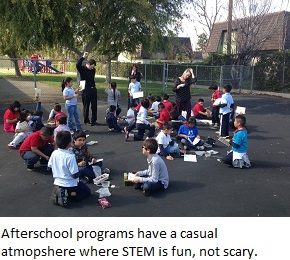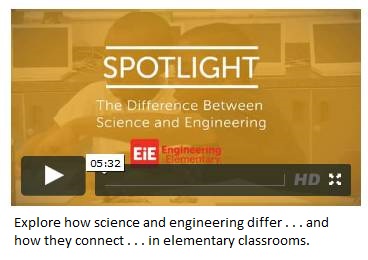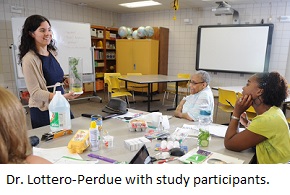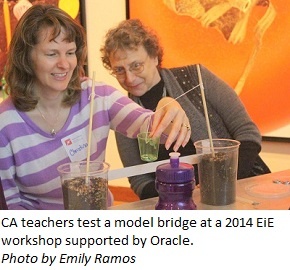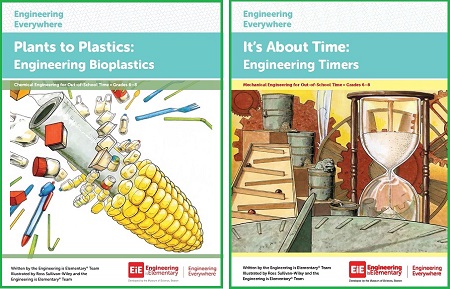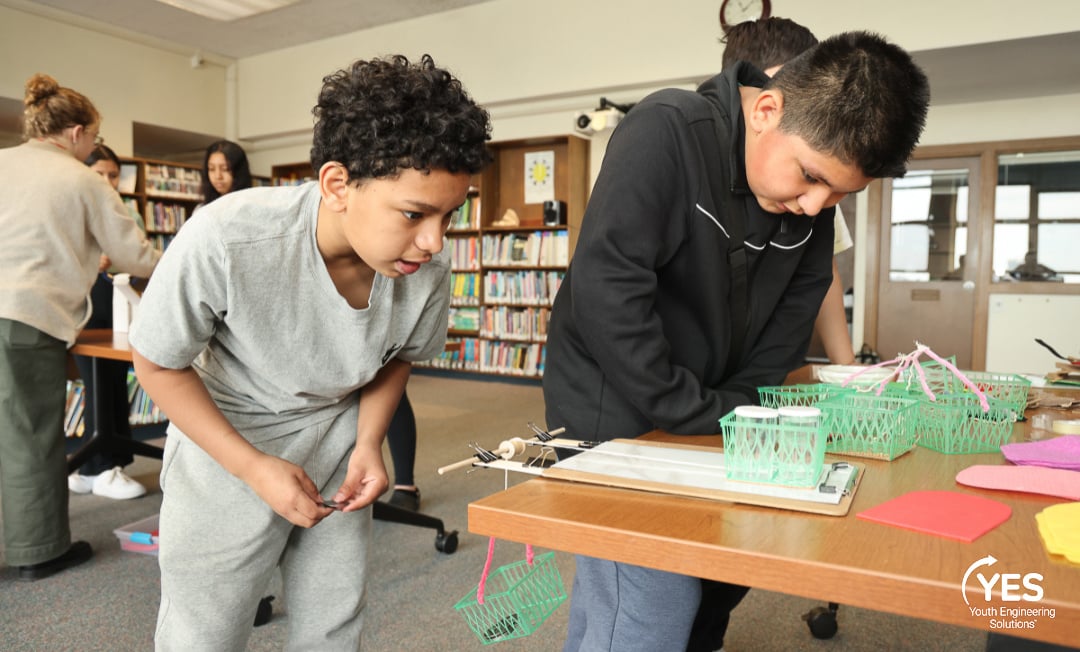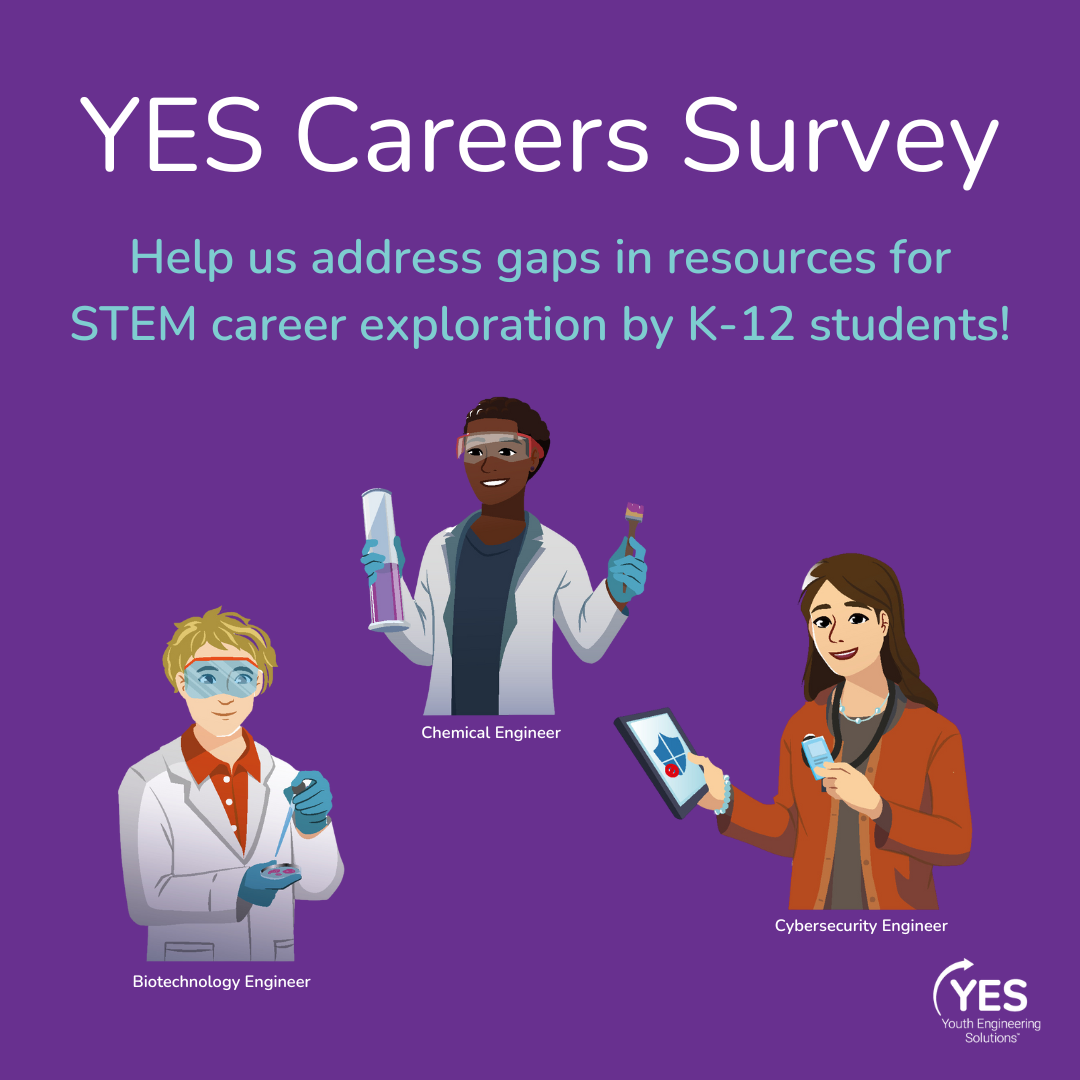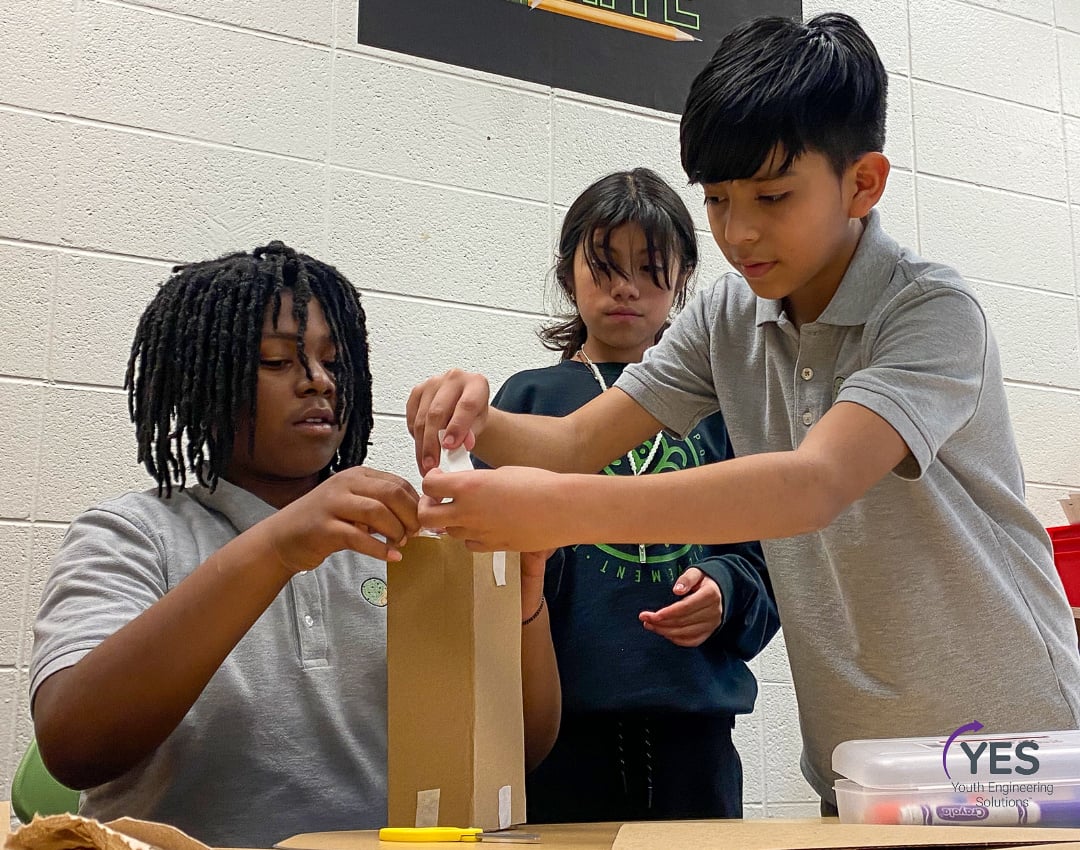Recently on this blog we introduced a college professor who uses EiE curriculum units as textbooks for preservice teachers. Today, meet a faculty member who’s innovating with EiE in a different way: her students get experience teaching engineering activities in a local afterschool program.
Kim Case is a lecturer at California State University – Fullerton whose students do their observations and student teaching at Rio Vista and Melrose elementary schools in Placentia - Yorba Linda Unified School District; both schools have significant numbers of English language learners and students from low-income households. The story begins with Case’s students creating practice lessons for elementary students at the two schools.
